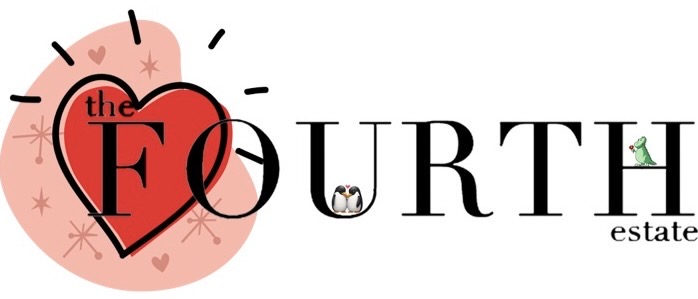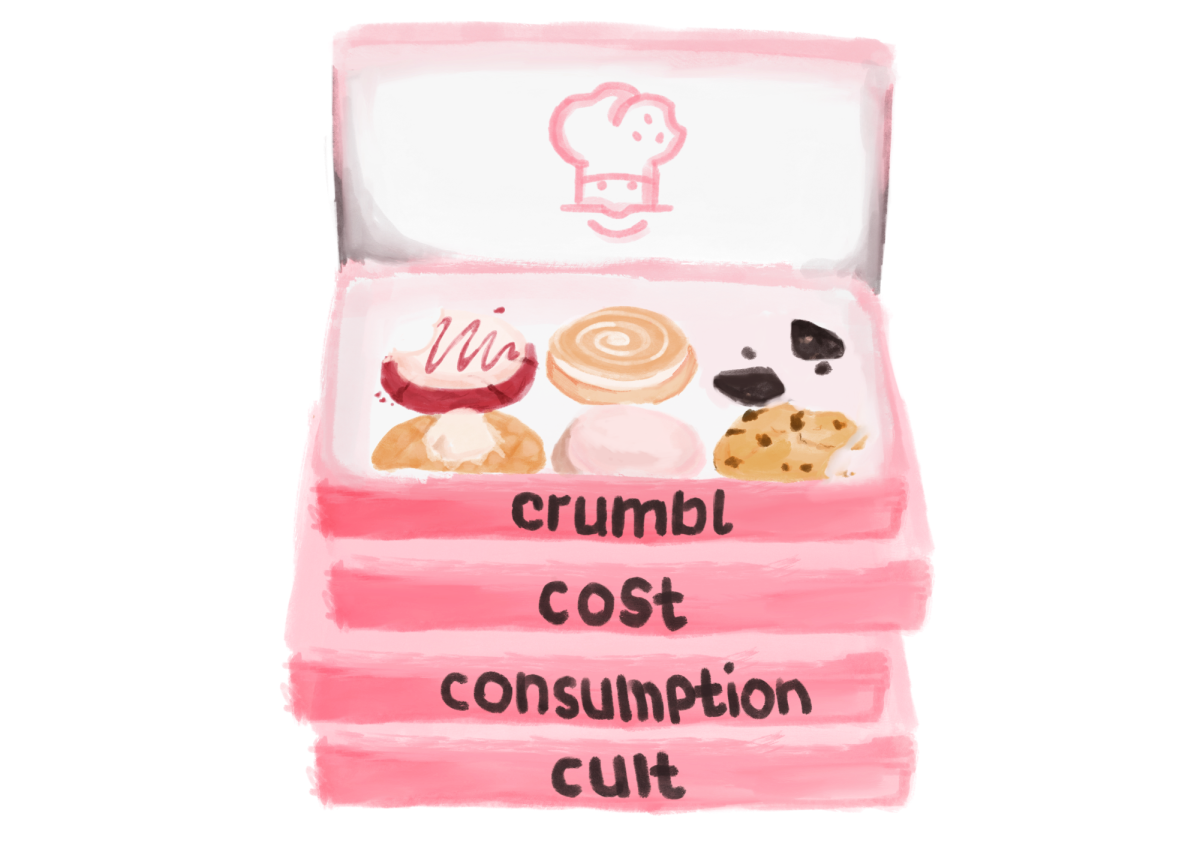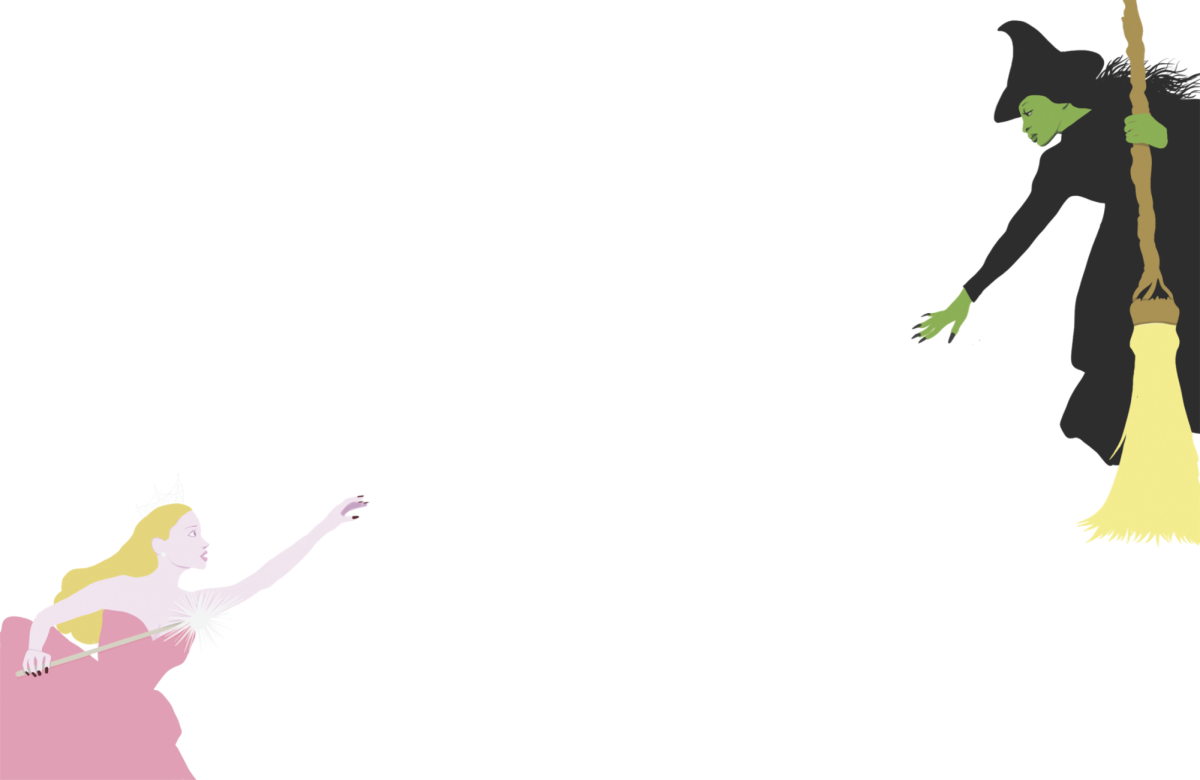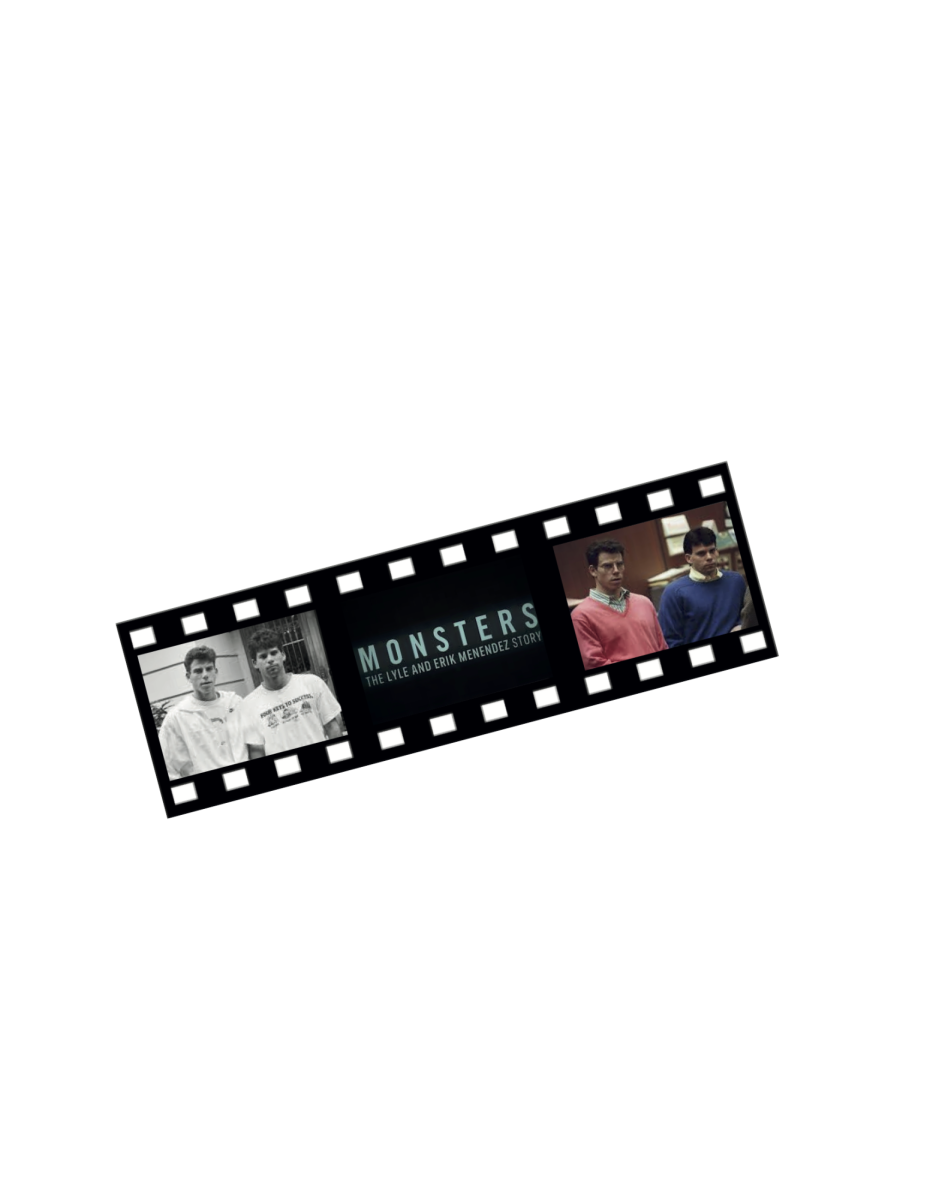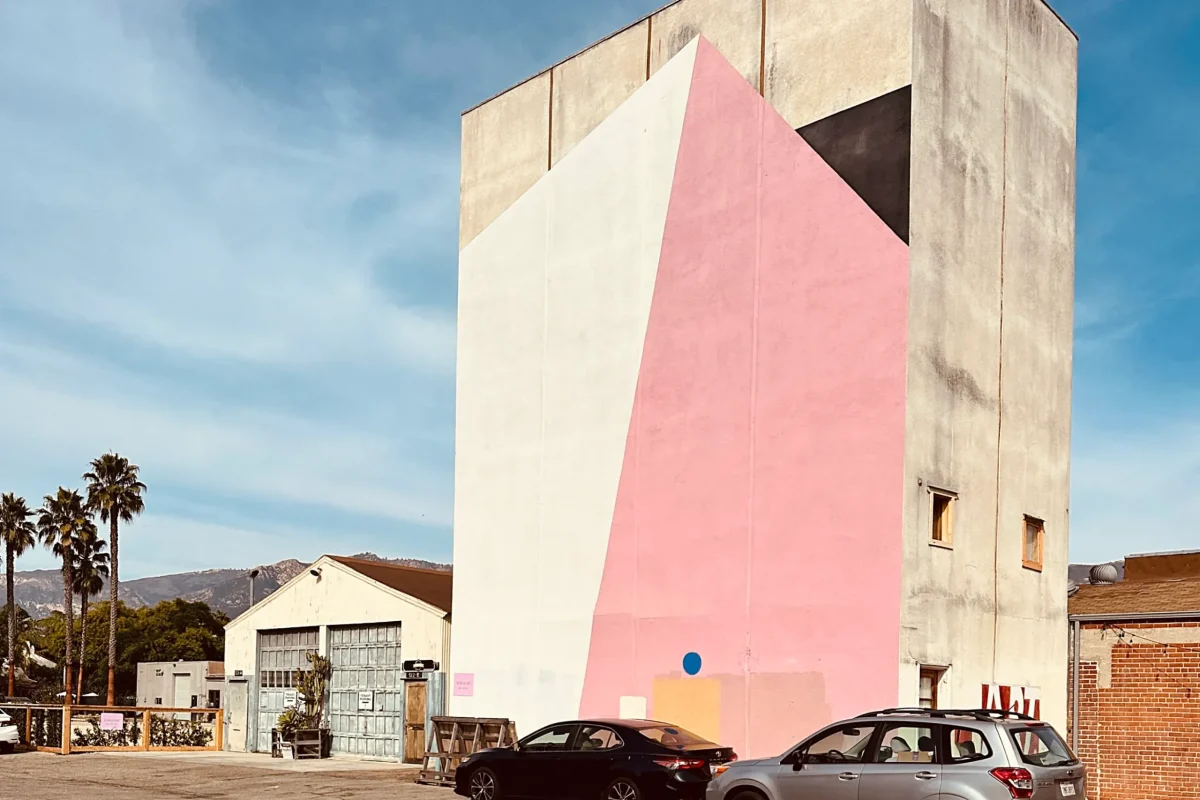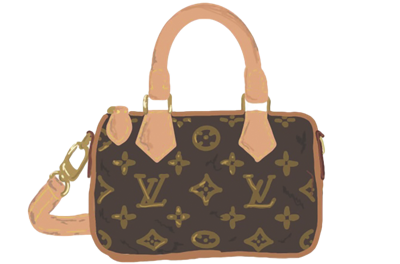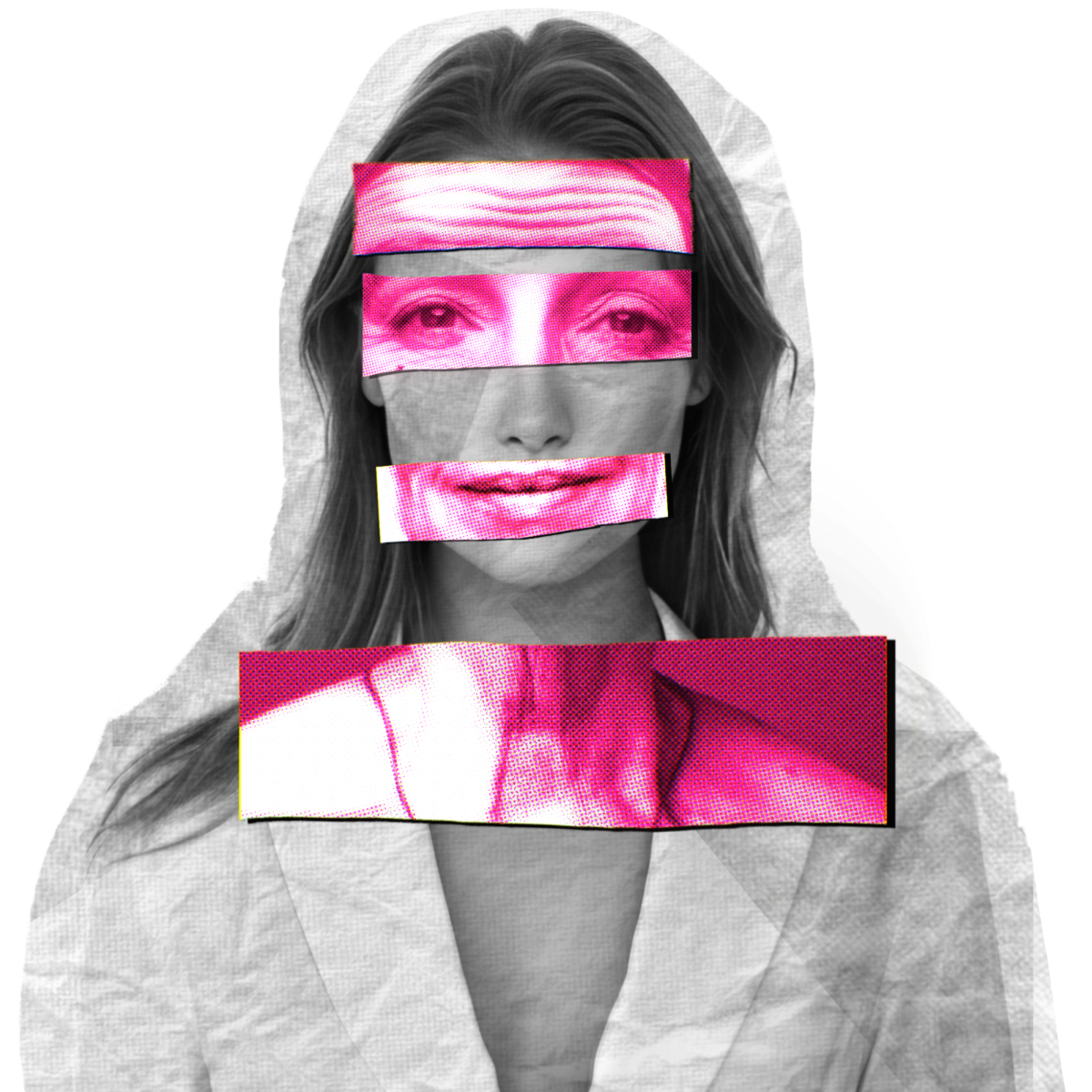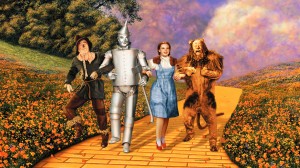 The artistic importance of “The Wizard of Oz”, the 1939 movie starring Judy Garland, is obvious.
The artistic importance of “The Wizard of Oz”, the 1939 movie starring Judy Garland, is obvious.
As the first widely successful full length color movie, the “Wizard of Oz” set a new standard in the film industry.
The main character, Dorothy, became a national symbol of the “can-do”American spirit.
Though there are many different interpretations and versions of the original children’s novel “The Wonderful Wizard of Oz” written in 1900 by L. Frank Baum, the 1939 adaptation featuring Judy Garland is the most well-known.
To many, this is common knowledge; the movie was clearly a big step in the film industry.
Life Magazine spoke of its significance in terms of “kid power,” “woman power,” “proletarian power,” and “gay power,” in their recent issue “The Wizard of Oz 75 Years Along the Yellow Brick Road.”
However, many people don’t know the historical meaning behind the book.
As this year marks the 75th anniversary of the debut of “The Wizard of Oz “(1939), we take a look back at its original intent as a historical parody.
Baum’s “The Wonderful Wizard of Oz” (1900) at first appears to be a simple and fun children’s novel.
However, this appearance hides a deeper meaning, history teacher Martha Elliott said, “it was really perceived by most as a children’s book, but it’s pretty easy to see that it was a parody of the election of 1896.”
However, several of the references to the election are covered up or lost in the movie.
For example, Ms. Elliott said, “the slippers were actually silver because the underlying question in the election of 1896 was whether or not we should be on the gold standard or have silver and gold as a standard for our currency, but because it was the first big technicolor movie they changed them into ruby slippers because the red would sparkle and show off more of the color.”
Another example, Ms. Elliott said, was, “there were no winged monkeys in the book version.
The book probably refers to either the treatment of the Chinese who wanted to immigrate to America or the whole question of whether or not we should take over the Philippines and how we treated the Philippines.”
Though Baum never really talked about the meaning behind the story, the political and historical references are apparent to anyone who has studied the election of 1896.
The Wizard of Oz Turns 75
January 15, 2014
0
Donate to The Fourth Estate
$50
$500
Contributed
Our Goal
Your donation will support the student journalists of Laguna Blanca School. Your contribution will allow us to purchase equipment and cover our annual website hosting costs.
